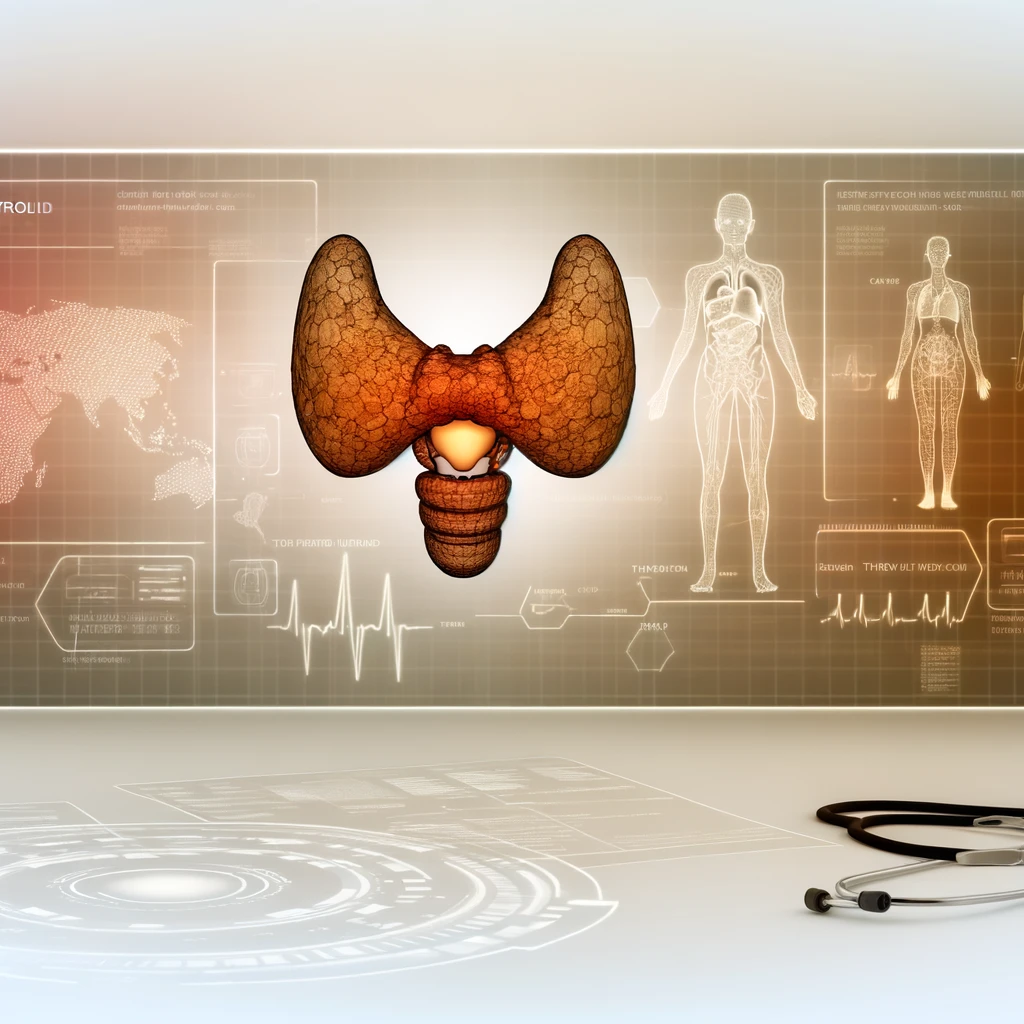
The Ketogenic Diet: Potential Benefits and Risks
The ketogenic diet, often referred to as keto, is a low-carb, high-fat diet that has gained popularity for its potential benefits in weight loss, improved energy levels, and mental clarity. However, like any diet, it comes with its own set of risks and considerations. This article delves into the science behind the ketogenic diet, its potential benefits, and the risks associated with it.
Understanding the Ketogenic Diet
At its core, the ketogenic diet drastically reduces carbohydrate intake and replaces it with fat. This reduction in carbs puts your body into a metabolic state called ketosis. In ketosis, your body becomes incredibly efficient at burning fat for energy. It also turns fat into ketones in the liver, which can supply energy for the brain.
How Does Ketosis Work?
Normally, the body relies on glucose from carbohydrates as its primary energy source. When carbohydrate intake is minimized, the body begins to burn stored fat for fuel. This process produces ketones, which are then used by the brain and other organs as an alternative energy source. The shift from glucose to ketones as the primary fuel source is what characterizes the state of ketosis.
Potential Benefits of the Ketogenic Diet
The ketogenic diet is associated with several health benefits, including:
- Weight Loss: By promoting a shift to fat as the primary energy source, keto can lead to significant weight loss.
- Improved Mental Clarity: Some individuals report enhanced focus and mental clarity while in ketosis.
- Increased Energy and Endurance: By utilizing fat as a sustainable energy source, many find increased endurance during physical activities.
- Better Blood Sugar Control: The diet may improve insulin sensitivity and lower blood sugar levels.
Risks and Considerations
While the ketogenic diet offers potential benefits, it's important to be aware of possible risks:
- Keto Flu: As the body adapts to ketosis, some may experience symptoms such as fatigue, headache, and irritability.
- Nutrient Deficiencies: Restricting carbohydrates can lead to deficiencies in essential nutrients like fiber, vitamins, and minerals.
- Heart Health Concerns: High intake of saturated fats may raise cholesterol levels for some, impacting heart health.
- Long-term Effects: The long-term effects of a ketogenic diet remain under-researched, and prolonged adherence may pose health risks.
Is the Ketogenic Diet Right for You?
Before beginning the ketogenic diet, it's crucial to consult with a healthcare provider, especially if you have underlying health conditions. The diet may not be suitable for everyone, and professional guidance can help tailor it to meet individual needs.
Conclusion
The ketogenic diet can be an effective strategy for weight loss and improved metabolic health. However, like any dietary approach, it requires careful planning and consideration of its potential risks. Understanding the science behind ketosis and being aware of the benefits and risks can help individuals make informed decisions about whether the ketogenic diet is the right choice for their health and lifestyle.
Related Articles





